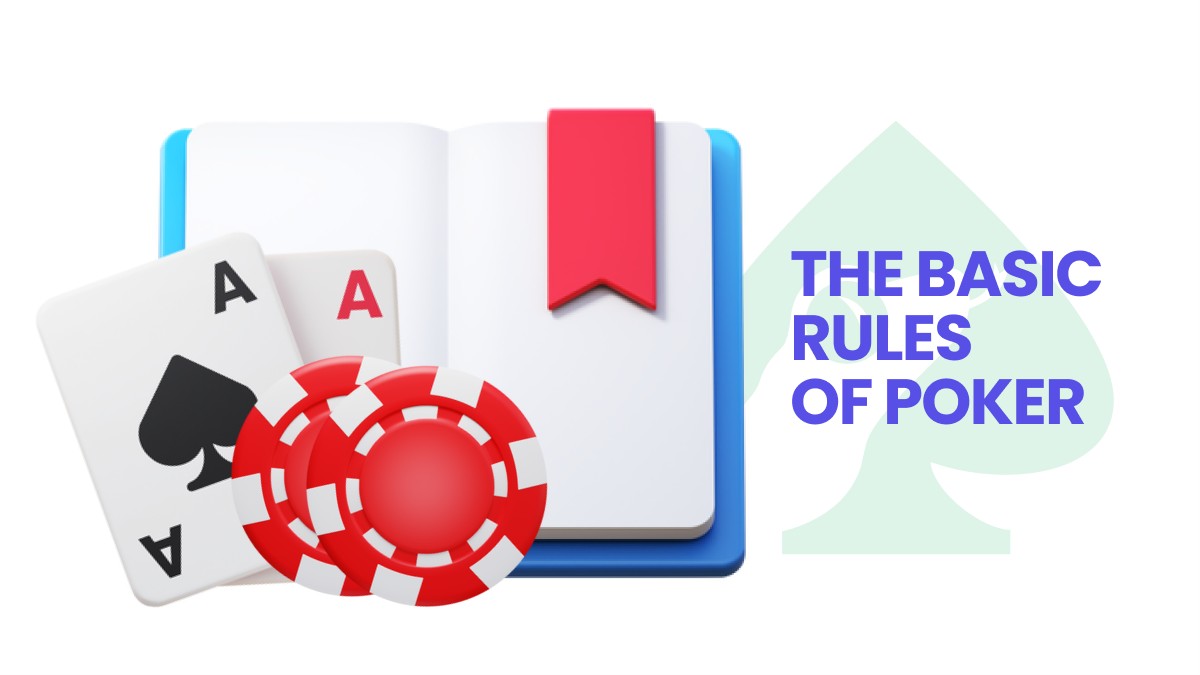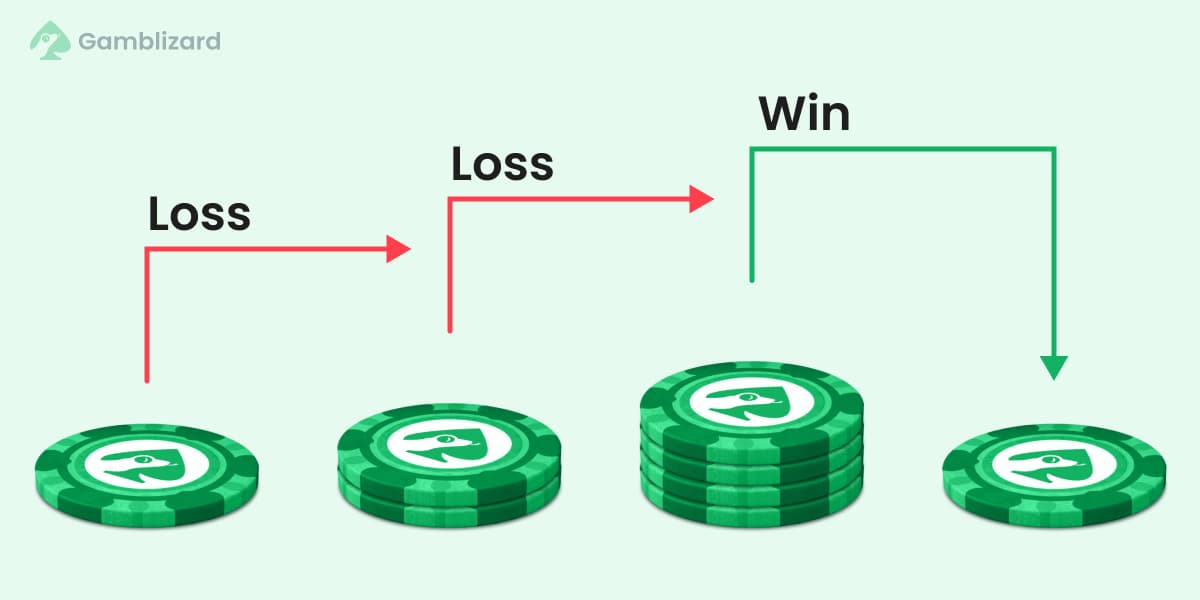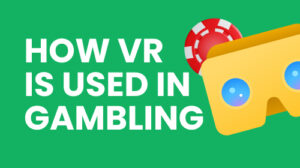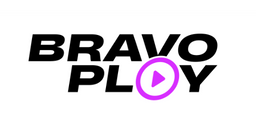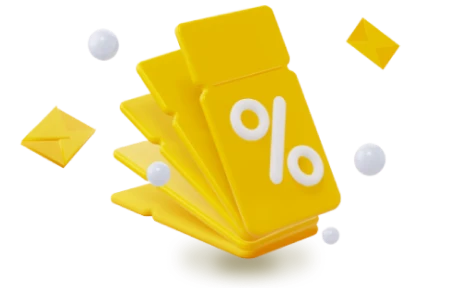Poker Bankroll Management
- What Is Bankroll Management in Poker?
- Balancing Money, Stakes, and Variance
- Why Is Bankroll Management Important?
- How to Set and Manage Your Poker Bankroll
- Factors to Consider
- Adapting to Wins and Losses
- Bankroll Management Strategies in Poker
- The Kelly Criterion in Poker Bankroll Management
- Bankroll Tips for Beginners
- Common Bankroll Management Mistakes
- The Importance of Discipline
- Setting Realistic Expectations
- Conclusion
This guide focuses on strategies to improve your position in poker, whether you’re playing cash games or tournaments. However, the foundation of every poker session lies in how you manage your money. Bankroll management ensures you have enough funds to play responsibly while making choices that maximize the longevity of your bankroll. Here, you’ll learn what bankroll management is, why it matters, how to manage your funds effectively, and the mistakes to avoid.
What Is Bankroll Management in Poker?
Bankroll management refers to how you handle the funds allocated for playing poker. It determines what stakes and formats you can afford to play while minimizing the risk of losing your entire roll. In essence, it’s about making your money last longer and maintaining a stable position in the game over time.
Good bankroll management isn’t about avoiding risk altogether — it’s about sizing that risk in proportion to your funds, skill level, and the volatility of the format you’re playing.
Balancing Money, Stakes, and Variance
Effective bankroll management requires understanding the relationship between the size of your bankroll, the stakes you choose, and variance in poker. Variance is the short-term fluctuation caused by luck, and it affects even the best players.
In cash games, variance tends to be lower, but downswings of 10–20 buy-ins are still possible. In tournaments, variance is much higher, and losing 50–100 buy-ins over a stretch can be normal even for a winning player.
If your bankroll is small, be selective with your hands and positions. Watch your opponents closely, identify patterns, and avoid situations that force you into large pots without a strong edge.
Different players handle variance differently. Aggressive players with high risk tolerance may take shots at bigger games, while conservative players keep stakes lower to reduce stress on their bankroll.
The variant you play matters: Omaha and short-deck poker have higher variance than Texas Hold’em. Recognizing these differences will help you adjust your bankroll requirements accordingly.
Why Is Bankroll Management Important?
Bankroll management is as important as knowing the rules of the game. Even the most skilled players face losing streaks. How you handle these periods determines whether you can keep playing or go broke.
Without a plan, players often fall into common traps — chasing losses, increasing stakes in frustration, or mixing poker money with funds meant for living expenses. These habits lead to greater losses and unnecessary financial pressure.
Proper bankroll management protects you from emotional decision-making, ensures poker stays within your financial comfort zone, and helps you treat the game as a long-term investment rather than a series of short-term results.
How to Set and Manage Your Poker Bankroll
Start by deciding exactly how much money you’re comfortable losing without it affecting essential expenses. Keep this money separate from your personal funds — ideally in a separate account or e-wallet dedicated to poker.
If you earn a fixed monthly income, setting a bankroll for the month can keep your finances predictable. For example, if your bankroll is $1,000, treat it as your total budget for the month. Winning more doesn’t mean you should instantly raise your limits — instead, follow a plan for moving up stakes.
Common recommendations for minimum bankroll sizes are:
- Cash games: 20–40 buy-ins for your stake level (e.g., $1/$2 NL Hold’em = $2,000–$4,000).
- MTTs: 50–100 buy-ins for your average tournament buy-in.
- Sit & Go: 30–50 buy-ins.
Factors to Consider
Skill Level
Beginners often spend more on buy-ins compared to experienced players because they lack the ability to assess hand strength as accurately.
Risk Tolerance
Your risk appetite influences how much of your bankroll you’re willing to stake. While most experts recommend using no more than 10% of your bankroll on a single game, those comfortable with higher risks might push this limit.
Goals
Casual players might not focus on maximizing their bankroll, while competitive players must ensure they have enough funds to sustain their efforts in the long run.
Game Format
Cash Games: You only need to manage your funds within the context of the current game.
Tournaments: Your bankroll must stretch further, as the competition involves more players and can last much longer. If you want to enter major tournaments without risking too much of your bankroll, consider playing satellite tournaments that can earn you seats at big events for a fraction of the usual cost.
Each player needs to tailor their bankroll strategy based on experience, risk preferences, and goals. Regardless of the differences, adapting your approach as you win or lose is critical to effective bankroll management.
Adapting to Wins and Losses
Your bankroll will fluctuate. To manage swings:
- After Losses: Drop to lower stakes until you rebuild your roll. Never chase losses by moving up limits impulsively.
- After Wins: Gradually move up in stakes only when you have enough buy-ins for the next level and a proven win rate at your current stake.
Using a stop-loss limit (e.g., ending a session after losing three buy-ins) can protect your bankroll and your mental game.
Bankroll Management Strategies in Poker
Some strategies used in games like roulette or blackjack can also be applied to poker. One example is the Martingale Strategy, though its effectiveness in poker is debated.
Martingale Strategy
This approach doubles your stake after a loss so that a win recovers previous losses and yields a profit. In poker, however, the variable nature of hands makes this risky. You can’t simply double your bet after a weak hand without bleeding chips. While it might be viable in heads-up formats where you play every hand, it’s not recommended for most cash games or tournaments.
Pros and Cons of the Martingale Strategy
-
Pros
- Can recover losses quickly in theory.
-
Cons
- Requires a large bankroll.
- high risk of big losses.
- unsuitable for most poker formats.
Most experts agree that Martingale is better suited for roulette or blackjack, where outcomes are less influenced by skill and decision-making.
The Kelly Criterion in Poker Bankroll Management
The Kelly Criterion is another bankroll management strategy borrowed from blackjack. It focuses on determining the optimal portion of your bankroll to bet in order to maximize returns while minimizing the risk of losing everything. By using this method, players make calculated decisions rather than acting on instinct, helping them decide whether a particular risk is worth taking.
How the Kelly Criterion Works
This formula calculates the optimal percentage of your bankroll to risk based on your edge and win probability. It’s more precise than flat rules like “risk 5% per game” but requires accurate data about your win rate and odds.
Formula: f = (bp – q) / b
- f: Portion of bankroll to risk
- b: Pot odds
- p: Probability of winning
- q: Probability of losing
Example: If pot odds are 2.0 and your chance of winning is 70%, the formula suggests risking 40% of your bankroll — much higher than most poker bankroll advice. This shows why the Kelly Criterion is best for advanced players with precise data and strong discipline.
Bankroll Tips for Beginners
If you’re new to poker and looking for simple ways to manage your bankroll, there are some beginner-friendly principles to follow:

Learn the Rules
Start by mastering the basics, such as hand rankings, so you know which hands are worth playing and when to fold.

Adopt a Tight-Loose Strategy
In the early stages of a game, play tight by focusing only on strong hands to protect your bankroll. As the game progresses and blinds increase, or if your bankroll starts to run low, transition to a looser, more aggressive style to seize opportunities and build your funds.

Adapt to the Game Format
Cash games allow more flexibility with your bankroll, as you can leave at any time. Tournaments require a more strategic approach since blinds increase, and you need to stretch your bankroll to remain competitive.
By following these strategies, beginners can gradually build their confidence and bankroll while minimizing unnecessary risks.
Common Bankroll Management Mistakes
Even though bankroll management principles are straightforward, players often make critical mistakes when emotions come into play:

Chasing Losses
One of the most common pitfalls is trying to win back lost money. Believing that “luck will turn” leads to emotional decision-making and greater losses.

Overconfidence After Wins
A winning streak can create a false sense of invincibility, leading to reckless bets. When losses inevitably occur, they can be harder to recover from.

Ignoring Risk Limits
Some players disregard advice to limit their bets to a small percentage of their bankroll, exposing themselves to significant losses.
Learning from mistakes means identifying where your plan broke down and taking steps to prevent a repeat.
The Importance of Discipline
There’s widespread agreement among poker players that discipline is one of the most critical factors for success. The good news is that discipline can be learned, regardless of your skill level.
Stick to a Plan
Establish a clear plan, such as your bankroll management strategy, and commit to it.
Avoid Emotional Decisions
Resist the urge to chase losses or let frustration dictate your actions.
Take Breaks
Sometimes, a short break or a timeout is the best way to reset and regain control.
Setting Realistic Expectations
A strong foundation for discipline is setting realistic expectations before you start playing. Accept that there’s a significant chance you could lose your entire buy-in. Consider any winnings a bonus, and focus on enjoying the game within your financial limits.
From this mindset, practice becomes your most valuable tool. The more you practice, the better equipped you’ll be to maintain discipline and make informed decisions during play.

